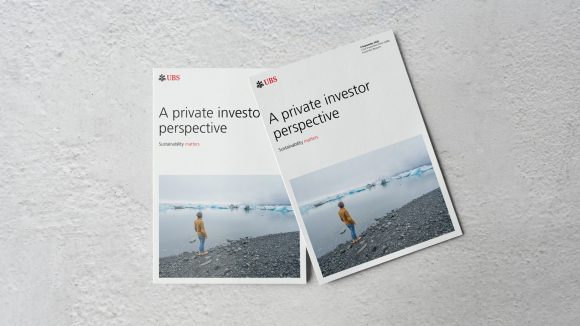Sustainable investing: a private investor perspective
Three reasons to take another look at sustainable investing.
Investor takeaways
Investor takeaways
Investors increasingly show interest both in better understanding the positive and negative impacts of their investments on society and the environment, and in incorporating these considerations into how they construct and manage their portfolios.Sustainable investing offers solutions that are designed to address these motivations, and in so doing generate comparable or better long-term financial performance than conventional investments. Not all investors will choose to invest in dedicated sustainable investing strategies, but the expectations around sustainability considerations and transparency have increased and will only continue to do so.In our view, the quantity and quality of credible sustainable investing opportunities continue to grow substantially, with compelling options available for all investors, not just those who specifically target positive outcomes.There is still much work to be done to mainstream sustainable investing solutions, in areas ranging from stronger commitment to integration by asset managers, to improved corporate disclosure of ESG information (beyond policy and raw data), to greater standardization of sustainability and impact metrics.
The decision to invest sustainably starts and ends with each of us and what we hope to achieve with our capital, beyond financial returns. Sustainable investing offers the potential for positive social impact, in addition to competitive financial performance. Actual positive change requires engaged investors and forward-thinking company management teams that recognize the long-term benefits of addressing societal challenges through more responsible operations and/or sustainability focused products and services. As more and more investors recognize the interdependence of financial returns and social and environmental issues, we expect to see in-creased mobilization of capital with the expectation that it can deliver returns both for investors, and for society at large.
Recommended reading
Recommended reading






